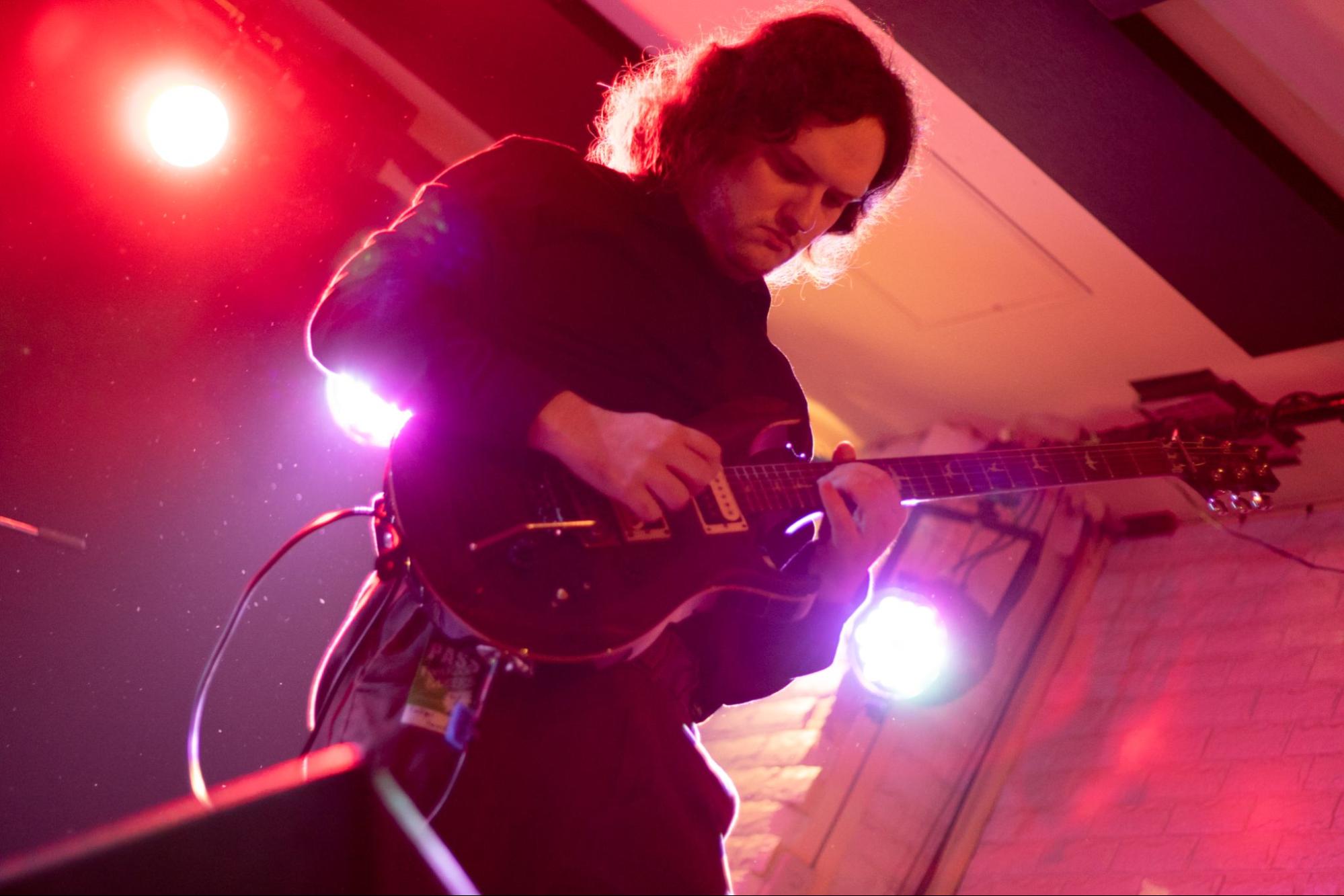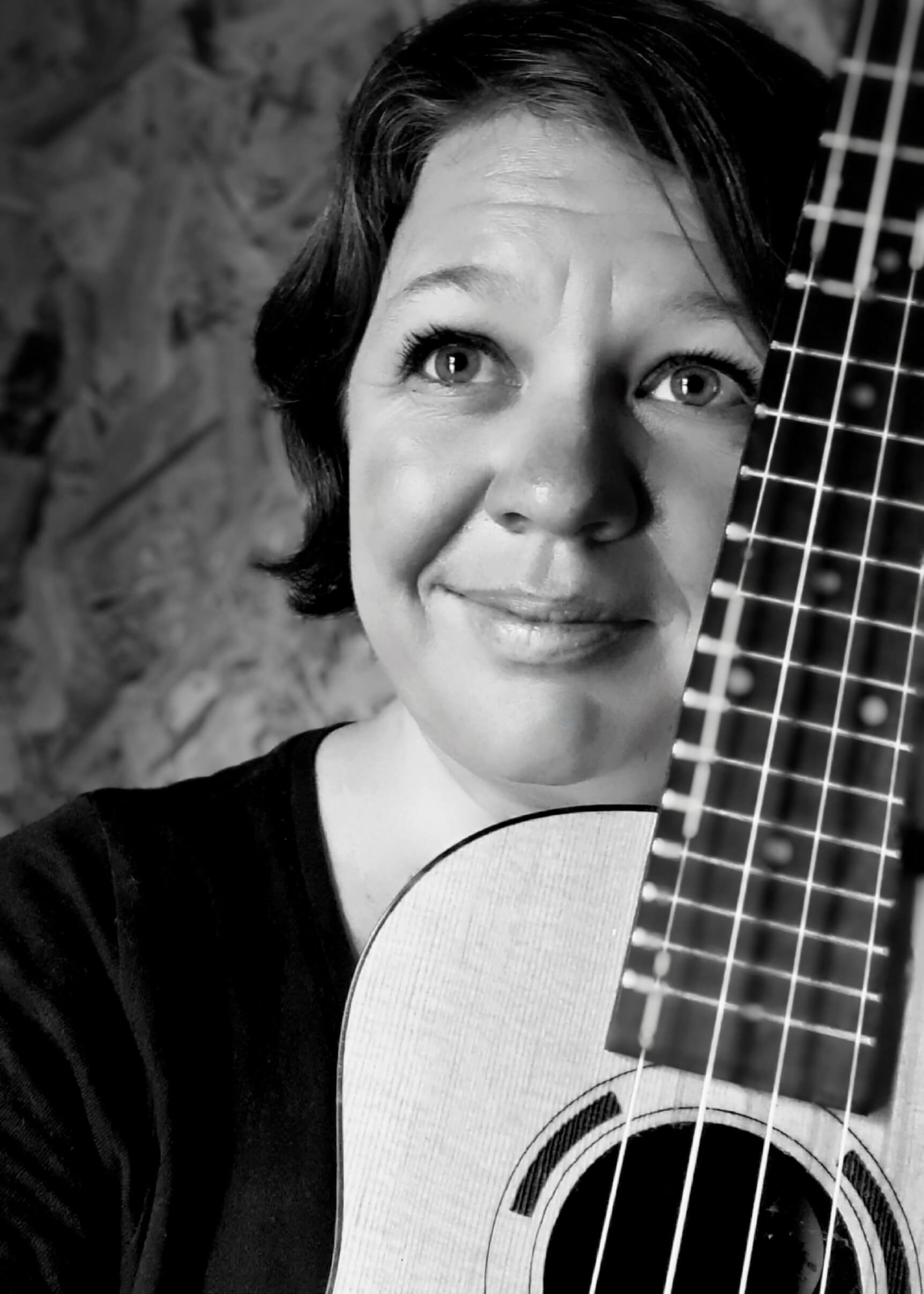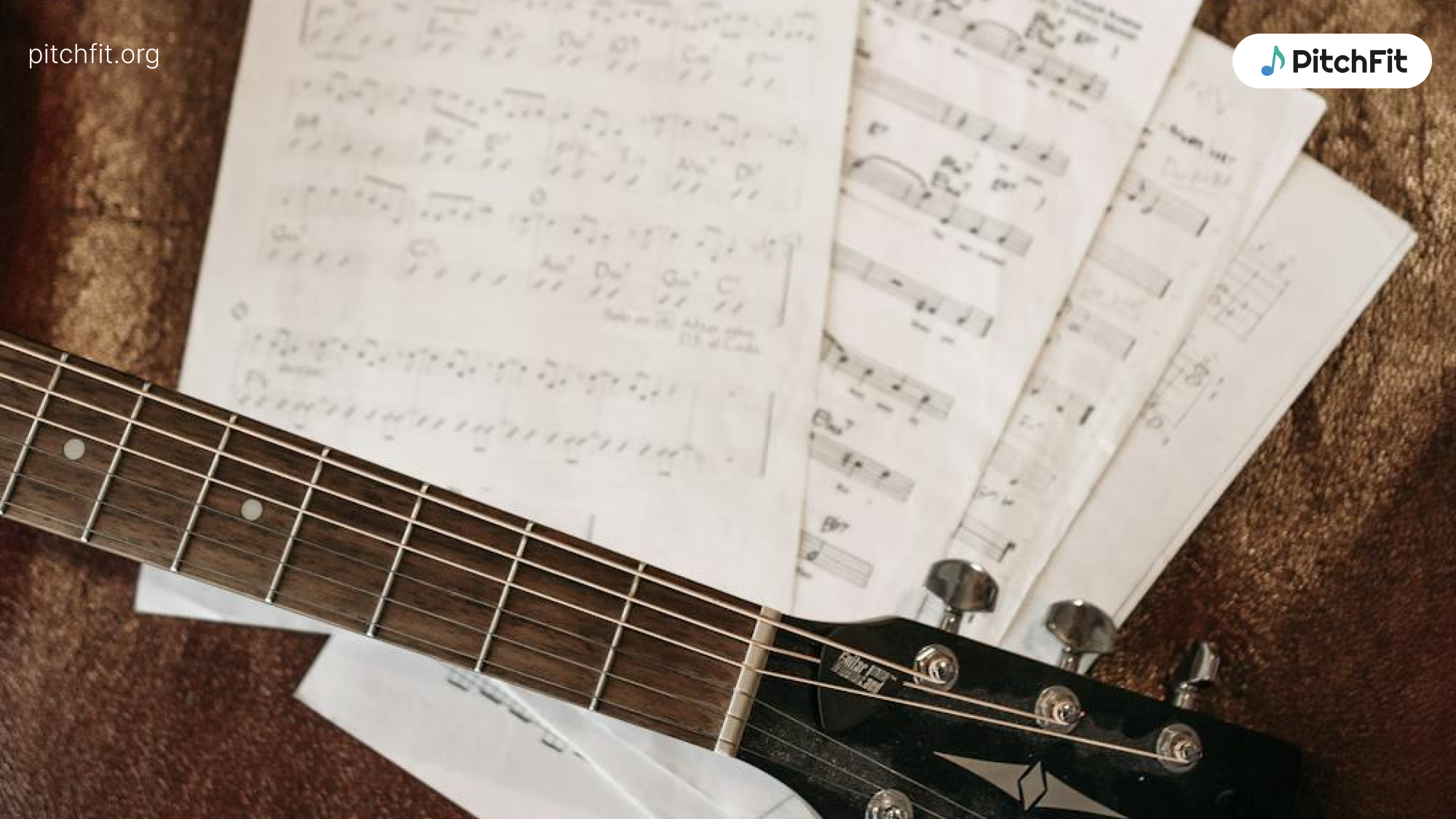Perfect pitch, also known as absolute pitch (AP), is the ability to recognize or produce the exact pitch of a musical note without any external reference. This rare skill has intrigued musicians, researchers, and even everyday music lovers for generations.
In this article, we will explore how rare perfect pitch really is, what influences its development, and how you can compensate if you do not have it.
What is Perfect Pitch?
Perfect pitch is the ability to identify, play, or sing in the correct pitch any musical note requested without needing a reference tone. For example, if someone with perfect pitch hears a note played on the piano, they can immediately say, “That’s a C!” without looking at the keyboard, the score, or comparing it to any other notes.
This ability differs from relative pitch, where a person needs to hear a reference note first before figuring out the other notes. For instance, think of trying to find your favorite song on a piano. With relative pitch, you might need to know what the first note is before you can play the rest of the song. But someone with perfect pitch could just sit down and play the melody straight away, in the correct key, without needing that reference. It is like having a mental map of every note in the musical scale.
How Common is Perfect Pitch?
While it has long been believed that only 1 in 10,000 people have perfect pitch (Dingfelder, 2005; Hogenboom, 2013), new research suggests that it might not be as rare as once thought (Carden & Cline 2019).
Recent studies indicate that perfect pitch may be found in approximately 5% to 10% of music students in Europe and North America (Levitin, 2019). Building on this idea, researchers from the University of Rochester developed a new test to measure perfect pitch in non-musicians. They discovered that many people who had never received formal music training could still recognize notes accurately, even though they did not know the name of the note. This suggests that perfect pitch might be ‘hiding’ in more people than we realize, and identifying it often requires a perfect pitch test that doesn't rely on reading notes.
In a similar study from the University of Arkansas, researchers discovered that even individuals without formal musical training displayed aspects of absolute pitch perception. This challenges the common belief that only highly trained musicians can possess such skills.
Factors That Influence the Development of Perfect Pitch
The debate over whether perfect pitch is something you are born with or can develop has been going on for years. According to Dr Moulton (2014), there is evidence that genetics plays a role in the ability to develop perfect pitch, but early musical exposure is key. Starting music lessons early – ideally before the age of six – is essential for developing perfect pitch.
Imagine a young child who starts learning the piano at the age of three. Over time, their brain may become wired to recognize and remember the exact pitches of the notes they are playing. This early exposure to music likely helps lock in perfect pitch abilities. In one study, 40% of students who began music lessons before the age of four developed perfect pitch, while only 3% of students who started after the age of nine did so (Baharloo et al 1998). This highlights how critical early musical training is.
Beyond age and musical exposure, language also seems to play a role. People who speak tonal languages, like Mandarin, where pitch changes the meaning of words, are more likely to develop perfect pitch than those who speak non-tonal languages like English. Deutsch and colleagues (2006, 2009) have found that a) 60% of Mandarin-speaking music students had perfect pitch compared to only 14% of their English-speaking peers, and b) the more fluent a person was in a tonal language the better their perfect pitch. This suggests that speaking a tonal language might sharpen a person’s natural ability to recognize pitch (Deutsch et al 2004).
Famous Musicians with Perfect Pitch
Many legendary musicians are known to have had perfect pitch. For instance, Wolfgang Amadeus Mozart was believed to have perfect pitch from a very young age. His father, a musician himself, famously recounted stories of Mozart playing music perfectly after hearing it only once. This ability contributed to his reputation as a child prodigy and one of the greatest composers of all time.
It has also been argued that Mariah Carey, a modern pop star, may have perfect pitch. People have assumed this, because she he can replicate any note she hears, and her ability to hit the highest whistle notes in her songs showcases her precise control over pitch.
Yo-Yo Ma, the world-renowned cellist, is also believed to have perfect pitch, allowing him to perform with remarkable precision.
Interestingly, although perfect pitch can be an advantage, many highly successful musicians do not have it.
Challenges and Myths Surrounding Perfect Pitch
While perfect pitch might sound like a superpower, especially for musicians, it can also come with challenges. For example, people with perfect pitch can struggle when instruments are slightly out of tune. A person with perfect pitch may find it uncomfortable to hear a slightly sharp or flat note, making it hard for them to play with fellow musicians or listen to music in which either the instruments are not perfectly tuned or the singer is not in tune.
Another common myth is that perfect pitch is essential for becoming a great musician. In reality, many top musicians rely more on relative pitch than perfect pitch. Relative pitch allows them to understand how notes relate to each other in a musical context, which is arguably more useful when playing in a band or orchestra, where being able to blend harmonies is crucial.
I Don’t Have Perfect Pitch. How Can I Compensate?
If you do not have perfect pitch, don’t worry! There are plenty of ways to compensate and still be a great musician.
Importance of Strong Relative Pitch
Having good relative pitch is arguably more important for musicians than perfect pitch. Relative pitch allows you to recognize the distance between notes and how they fit together in scales and chords. For example, if you hear two notes played, you can recognize whether the second note is higher or lower, and by how much.
Developing strong relative pitch is particularly useful when playing in a band or orchestra, where blending harmonies and staying in tune with others is key. It is possible to train your relative pitch through ear training exercises, where you learn to recognize intervals (the distance between two notes) and chords by ear. Many musicians with good relative pitch can easily adjust to different keys or play along with others, even without having perfect pitch.
Perfect Pitch Training
While it is widely believed that perfect pitch can only be developed during childhood, recent research shows that adults can improve their pitch recognition abilities through training. Van Hedger and colleagues (2019) found that some adults were able to achieve near-perfect pitch after just eight weeks of training. However, the results showed that only a small number of participants reached this level, while most showed more modest improvements.
Technical Advancements
Technology has made it easier for musicians without perfect pitch to perform with precision. For example, digital tuners can help the guitar, violin, and even percussion instruments to stay in tune. You simply play a note and the tuner tells you if it is too high or too low. Apps or pitch-correction software allow singers and musicians to ensure their pitch is accurate in both practice and performance. With these tools, having perfect pitch becomes less necessary.
Frequently-Asked Questions
1. Is perfect pitch hereditary?
There is evidence to suggest that perfect pitch may have a genetic component, meaning individuals with close family members who possess perfect pitch are more likely to develop it as well. However, this trait does not appear to be inherited in a straightforward Mendelian manner (Szyfter & Witt 2020). However, genetics alone do not explain everything. Environmental factors, such as early exposure to music and formal training during childhood, are critical in determining whether someone develops perfect pitch (Szyfter & Witt 2020). For example, even if a child has the genetic potential, they may not acquire perfect pitch if they do not receive early music lessons. Therefore, it is possible for perfect pitch to run in families, but it is not guaranteed.
2. Does perfect pitch fade with age?
For some individuals, perfect pitch may become less accurate as they age (Zendel & Alain 2012). This decline could be due to natural changes in working memory or in hearing ability, such as slight hearing loss or decreased sensitivity to certain frequencies (Halpern 2020). As a result, some people with perfect pitch might find it harder to identify certain notes or may experience more difficulty in musical environments where the pitch is not perfectly stable. However, the extent of this decline can vary widely – some individuals maintain their perfect pitch well into older age, while others notice a gradual decline over time.
3. Is perfect pitch more common among children?
Yes, perfect pitch is much more likely to be developed in children who start learning music at an early age, typically before the age of six (Brown et al, 2002). This period is often referred to as the "critical period" for developing pitch-related abilities. During this time, a child’s brain is especially receptive to all (including musical) stimuli, making it easier for them to acquire perfect pitch. After this window, it becomes significantly harder to develop perfect pitch. This is why many people with perfect pitch often started learning music very young (Brown et al, 2002). Children in environments with consistent exposure to music, such as households where music is played or practiced regularly, are more likely to develop this ability.
4. How can I test whether I have perfect pitch?
There are several ways to test perfect pitch, both online and through apps. These tests generally involve playing individual musical notes and asking the participant to identify the note name without using any reference. The accuracy of these tests can give you a good idea of whether you have perfect pitch. If you are serious about discovering whether you have this ability, consulting a professional music teacher or attending an ear training session could provide more structured and reliable testing. These professionals can also give you feedback on whether your pitch recognition skills are consistent with individuals who have perfect pitch.





